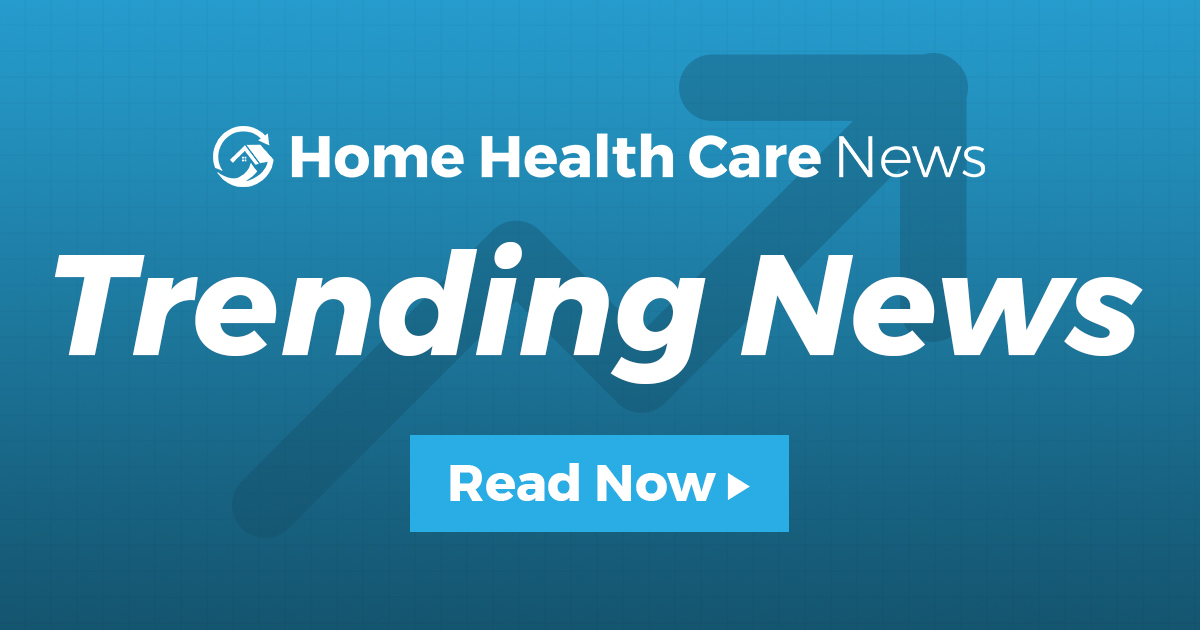
A group of private equity firms have reached an agreement to acquire a controlling stake in Medline Industries Inc., a major player in the medical-supply space that works across the continuum of care.
Announced Saturday, the deal reportedly places a $34 billion enterprise value on the Northfield, Illinois-based Medline. While the megadeal likely won’t directly impact home-based care providers, operators should nevertheless take note because it signals an important shift in how private investors may operate moving forward.
Medline is receiving a majority investment from a partnership comprised of funds managed by Blackstone Group Inc. (NYSE: BX), Carlyle Group Inc. (Nasdaq: CG) and Hellman & Friedman LLC, three of the largest and most well-known PE groups on the planet. The transaction is expected to be finalized in late 2021, according to a press release announcing the deal.
“We are excited to partner with Medline’s impressive management team to accelerate growth through continued execution, innovation and investment,” Steve Wise, Carlyle’s global head of health care, said in the press release. “With a deep commitment to sustainable value creation, we look forward to leveraging our combined operational capabilities, expansive health care network and capital to support organic and inorganic growth initiatives for the company.”
Brothers James and Jon Mills founded Medline in 1966, taking it public six years later. Charlie Mills — the son of James — has been serving as CEO of Medline since 1997.
After taking Medline public, the Mills family eventually bought back shares in the company, returning it to the private market. Medline will continue to be led by the Mills family as its largest single investor following the new PE backing, with the entire senior management team also remaining in place.
Medline has more than 20 million square feet of warehousing, an inventory of more than 300,000 products and over 200 clinicians on staff. It is among the post-acute and long-term care sectors’ most dominant equipment manufacturers and suppliers, especially when it comes to the home health industry.
Currently, Medline services “nearly the majority” of home health agencies across the country, according to Patrick Twohig, vice president of Medline Home Health and Hospice.
“We partner with [home health agencies] to help them run their business more efficiently and effectively,” Twohig told Home Health Care News in an email. “We do this in a number of ways, including providing them with clinical solutions and education. We also manufacture and distribute essential medical supplies and ship them directly to their patients’ homes.”
Medline recorded 2020 revenues of about $17.5 billion, adding to a 50-year track record of consecutive annual revenue growth. Overall, Medline has more than 28,000 employees worldwide, doing business in over 110 countries.
In part, the strong 2020 was due to increased demand from home-based care providers that had to adapt to new infection-control practices during the COVID-19 pandemic, particularly around the use of masks, gowns, gloves and other personal protective equipment (PPE).
“We saw a dramatic increase in our home health business from previous years,” Twohig said. “As patients were seeking health care in the home, Medline was there to support agencies who were overwhelmed with higher-acuity patients and a rising census. We saw an increase in products that weren’t historically bought by agencies.”
As it stands today, the sale of Medline would be the biggest leveraged buyout in more than a decade — and further evidence of PE’s hunger for splashy health care deals.
Combined, PE firms are sitting on more than $1.6 trillion of unspent cash, according to financial data provider Preqin. That total is even more when factoring in the billions that institutional investors are looking to directly invest.
The Medline deal additionally suggests that private equity giants are once again open to big buyouts, which all but disappeared after a number of them performed poorly following the 2008 financial crisis.
Between 2005 and 2007, PE entities locked in at least 18 deals valued at $10 billion or more, a report from The Wall Street Journal notes. Since then, they had only executed 10 deals before Blackstone, Carlyle and Hellman & Friedman came together for Medline.
Medline was already positioned for more home health business prior to the public health emergency, simply because of the nation’s changing age demographics and policy moves from the U.S. Centers for Medicare & Medicaid Services (CMS) that support home-based care.
The company expects in-home care agencies to remain an important part of its growth for years to come.
“Home health continues to be an area of focus for us,” Twohig said. “We expect to grow organically through the growth of the aging population and the need to control the cost of care. We expect CMS will continue to push the limits of the home health industry, and we will be there to help our customers meet the demands.”
GIC, Singapore’s sovereign wealth fund, is also investing as part of the PE partnership.
Medline plans to use the new resources from the partnership to expand its product offerings, accelerate international expansion and continue to make new infrastructure investments to strengthen its global supply chain.
"care" - Google News
June 08, 2021 at 03:21AM
https://ift.tt/2Sg5c89
How Home Health Care Helped Shape the $34B Medline Megadeal - Home Health Care News
"care" - Google News
https://ift.tt/2N6arSB
Shoes Man Tutorial
Pos News Update
Meme Update
Korean Entertainment News
Japan News Update
Bagikan Berita Ini














0 Response to "How Home Health Care Helped Shape the $34B Medline Megadeal - Home Health Care News"
Post a Comment